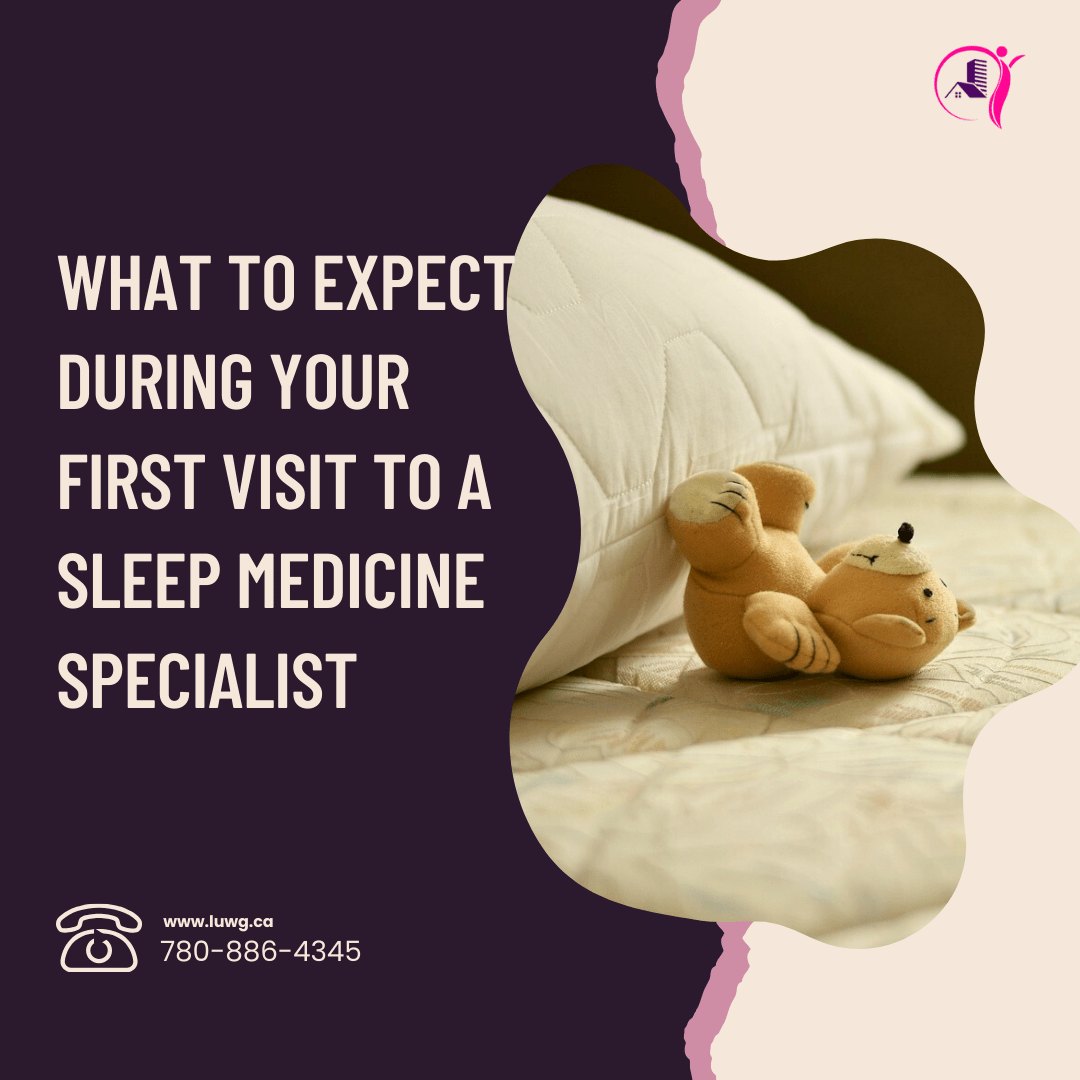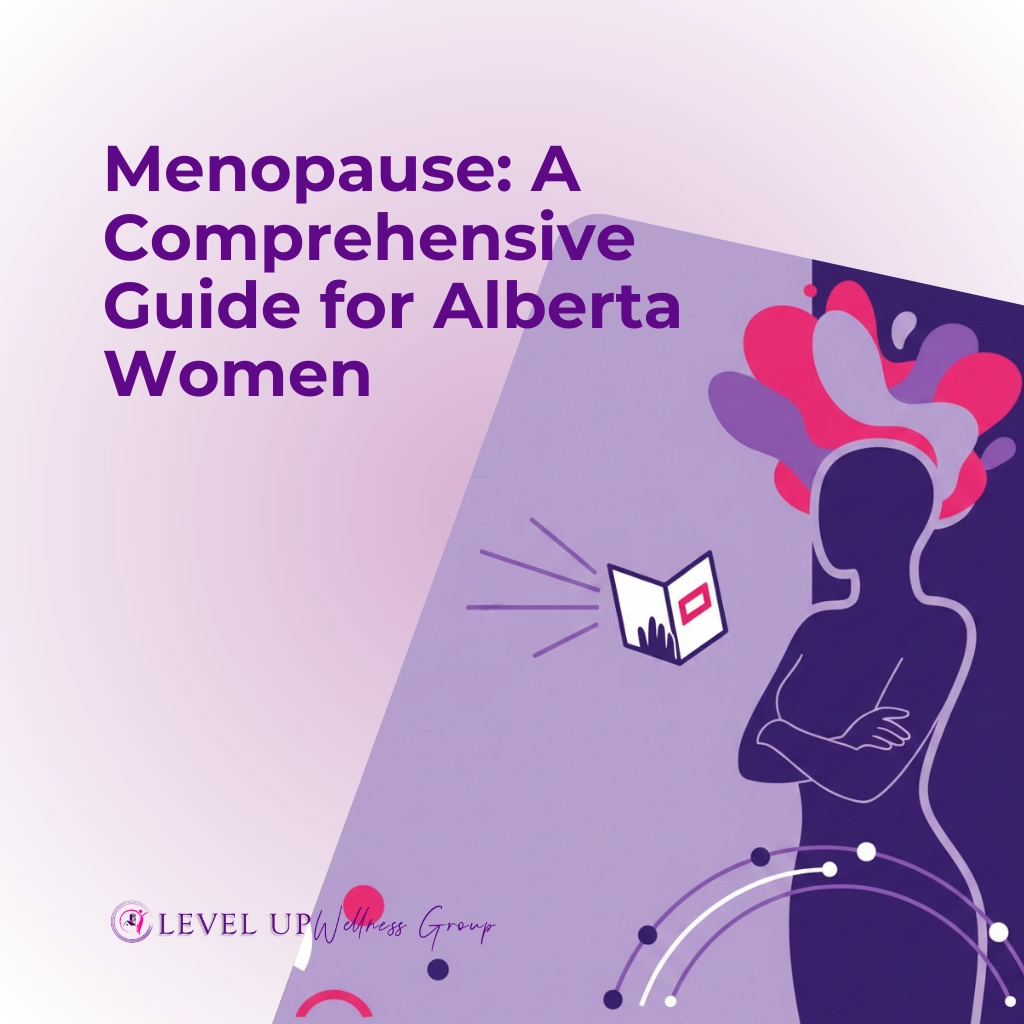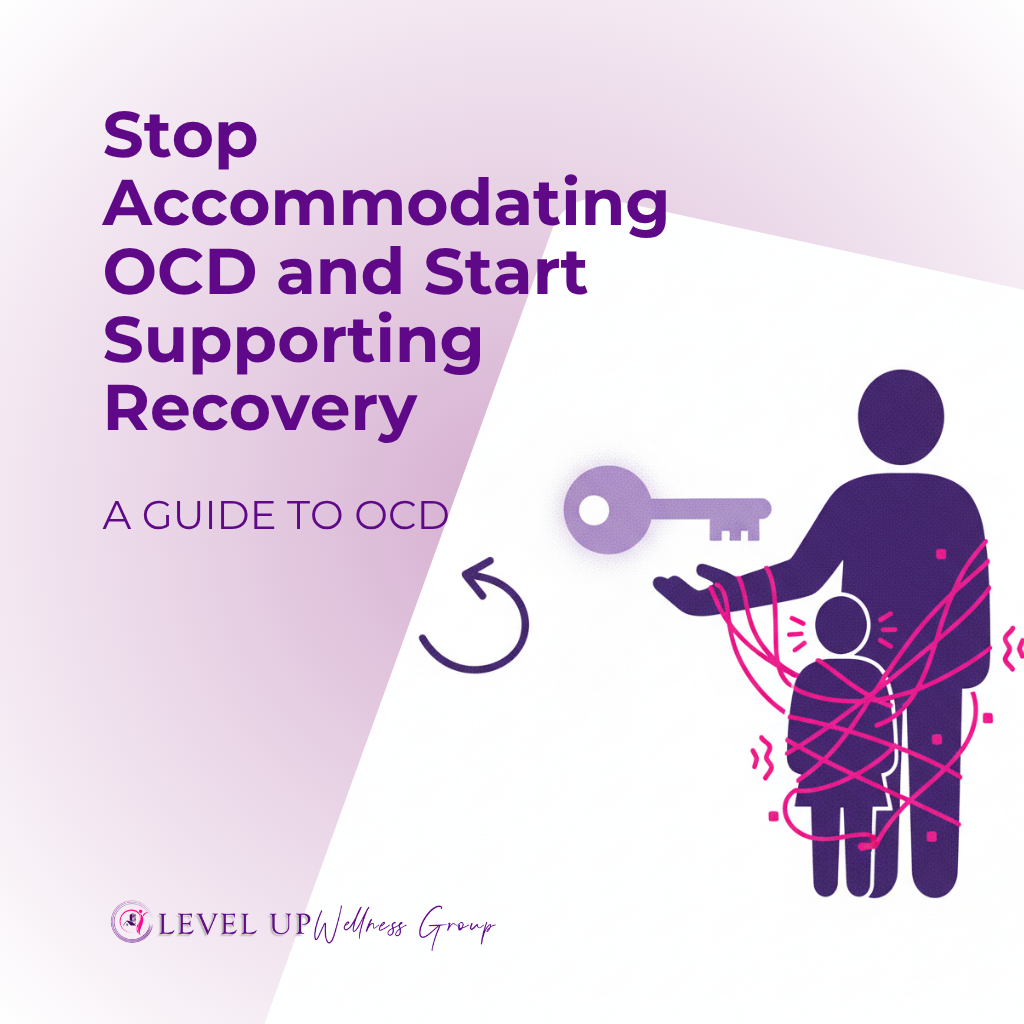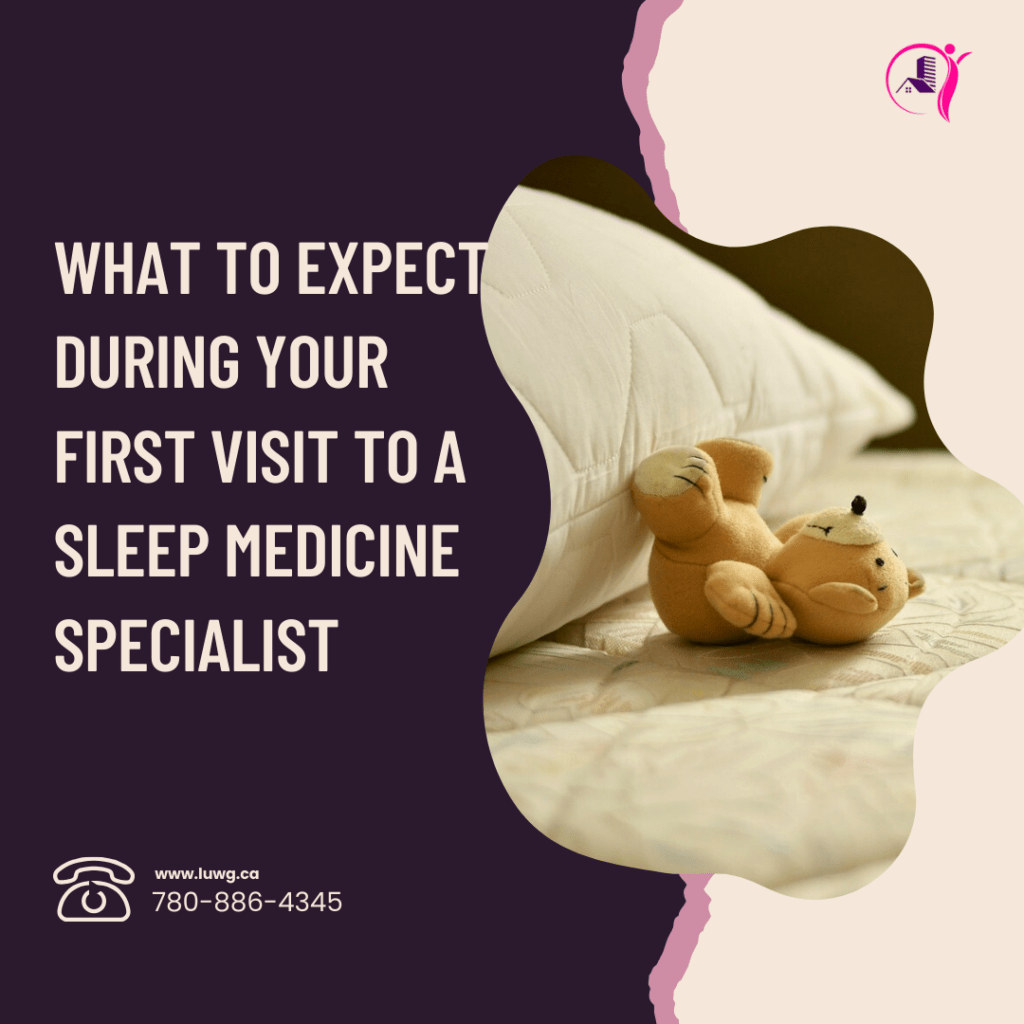
Introduction
Millions of people struggle with sleep issues, yet many do not seek help. Sleep problems such as insomnia, sleep apnea, restless legs syndrome, and chronic fatigue can significantly impact daily life, leading to irritability, poor concentration, weight gain, and serious health risks like high blood pressure, heart disease, and diabetes.
If you experience persistent sleep disturbances, visiting a sleep medicine specialist is a critical step toward identifying the cause and finding a solution. Specialists at LUWG Sleep Clinic diagnose and treat a wide range of sleep disorders through advanced testing and customized treatment plans.
In this comprehensive guide, we will cover:
- Signs that indicate you need a sleep specialist
- How to prepare for your first visit
- What happens during a sleep consultation
- Types of diagnostic sleep tests
Treatment options available for sleep disorders
By the end, you will have a clear understanding of what to expect at LUWG Sleep Clinic and how you can take the first step toward better sleep.
Signs You Might Need a Sleep Medicine Specialist
It is common to experience an occasional night of poor sleep, but if sleep problems persist for weeks or months, it may indicate an underlying medical condition. Consider scheduling a consultation if you experience any of the following symptoms:
- Loud snoring, choking, or gasping for air while sleeping (common signs of sleep apnea)
- Difficulty falling asleep or staying asleep (insomnia)
- Excessive daytime sleepiness, even after a full night’s sleep
- Waking up multiple times throughout the night
- Unusual sleep behaviors such as sleepwalking, night terrors, or acting out dreams
- Frequent headaches, dry mouth, or sore throat upon waking
- Difficulty concentrating, memory problems, or mood swings related to poor sleep
Ignoring these warning signs can lead to long-term health consequences. LUWG Sleep Clinic specializes in diagnosing and treating a variety of sleep disorders using cutting-edge technology and proven medical approaches.
What Happens During the Consultation?
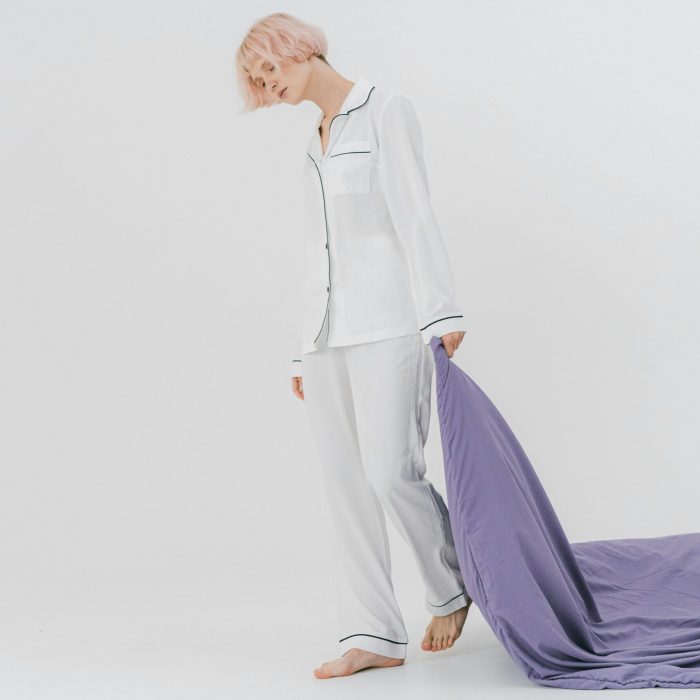
Step 1: Medical and Sleep History Review
During your first appointment, your specialist will ask detailed questions about your sleep habits, daily routine, and overall health. Common topics covered include:
- The duration and severity of your sleep problems
- Your bedtime and wake-up schedule
- Whether you experience snoring, gasping for air, or breathing pauses during sleep
- Any history of sleepwalking, nightmares, or unusual nighttime behaviors
- Your level of daytime sleepiness or fatigue
Step 2: Physical Examination
Your doctor may perform a physical exam to check for signs of sleep-related conditions. This may include:
- Examining the throat and nasal passages for airway obstruction (a common cause of sleep apnea)
- Measuring oxygen levels and heart rate
- Checking for neurological symptoms that could indicate movement-related sleep disorders
Based on the consultation and exam, you may be recommended for a sleep study at LUWG Sleep Clinic.
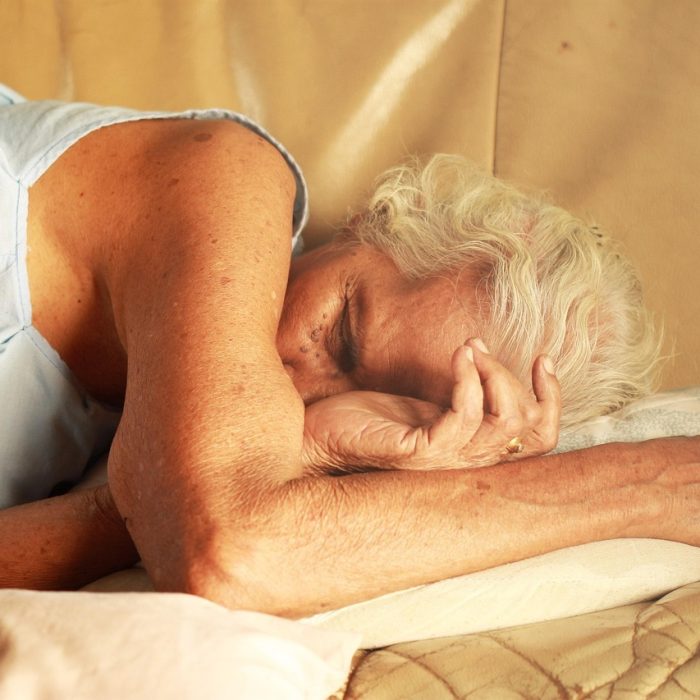
Types of Diagnostic Sleep Tests
1. Polysomnography (Overnight Sleep Study)
A comprehensive overnight test that monitors:
- Brain activity (EEG)
- Breathing patterns
- Heart rate and oxygen levels
- Muscle movement (for restless legs syndrome)
This test is commonly used to diagnose obstructive sleep apnea, narcolepsy, REM sleep behavior disorder, and periodic limb movement disorder.
2. Home Sleep Apnea Test (HSAT)
A portable at-home sleep test that tracks:
- Airflow
- Breathing effort
- Oxygen saturation levels
This is a cost-effective option for diagnosing mild to moderate obstructive sleep apnea.
3. Multiple Sleep Latency Test (MSLT)
A daytime test that measures how quickly you fall asleep in a quiet environment. It is commonly used to diagnose narcolepsy and excessive sleepiness disorders.
4. Maintenance of Wakefulness Test (MWT)
This test assesses your ability to stay awake in a quiet setting and is often used to evaluate excessive daytime sleepiness.
Understanding Your Sleep Study Results
After your sleep study at LUWG Sleep Clinic, your specialist will analyze:
- Apnea-Hypopnea Index (AHI): The number of breathing pauses per hour
- Oxygen desaturation levels: Identifies restricted airflow and breathing issues
- Sleep cycle patterns: Determines whether sleep disturbances affect overall restfulness
Based on your results, your doctor will recommend a personalized treatment plan.
Treatment Options for Sleep Disorders
1. CPAP Therapy for Sleep Apnea
A CPAP (Continuous Positive Airway Pressure) machine delivers steady airflow to keep the airway open and prevent breathing pauses.
2. Oral Appliances for Sleep Apnea
Custom mouthpieces reposition the jaw to enhance airflow for mild to moderate sleep apnea.
3. Cognitive Behavioral Therapy for Insomnia (CBT-I)
At LUWG Sleep Clinic, we offer CBT-I therapy, which helps retrain the brain for better sleep by:
- Improving sleep habits
- Breaking cycles of anxiety-induced insomnia
- Teaching relaxation techniques
4. Medication for Sleep Disorders
Prescription drugs may be recommended for:
- Narcolepsy (Modafinil, stimulants)
- Restless Legs Syndrome (Dopamine agonists)
- Chronic Insomnia (Short-term sedatives)
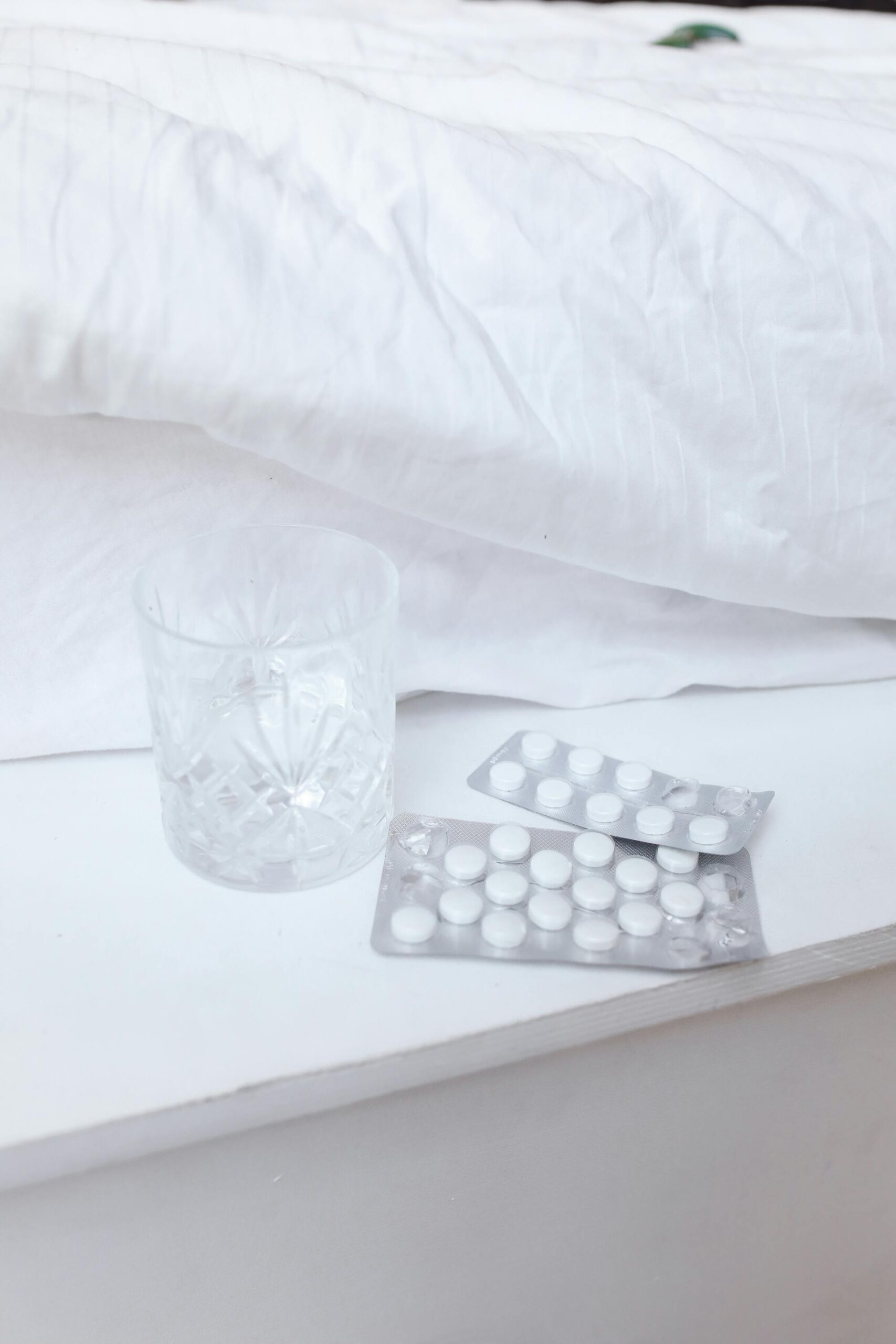
Final Thoughts
If you struggle with persistent sleep problems, a professional consultation at LUWG Sleep Clinic can help identify the root cause and provide effective treatments.
Do not let sleep issues affect your health and productivity. Take control of your sleep today by scheduling a consultation at LUWG Sleep Clinic.


